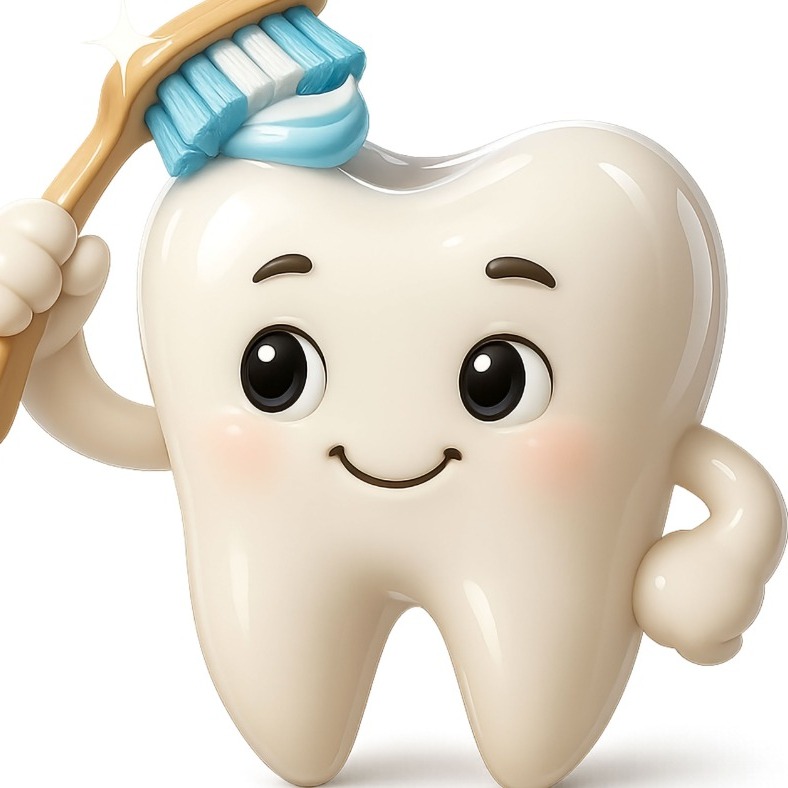The OPTISMILE Podcast 79 - Ten Essential Habits to Save Your Teeth for Life
Description
In this episode of Save Your Money, Save Your Teeth, Dr Clifford Yudelman shares ten essential habits to help you protect, maintain, and strengthen your teeth for life. From tackling sensitivity and gum disease to understanding how menopause, reflux, and sleep apnoea affect oral health, this episode condenses over 70 previous shows into a practical guide. Each habit links back to an earlier episode so you can dive deeper into any topic that affects you.
(1:30 ) Why do teeth become sensitive and what are the early warning signs of enamel erosion?
Tooth sensitivity signals thinning enamel or exposed root surfaces. Early signs include translucent edges, yellow dentine showing through, or scooped-out cups on chewing surfaces. Causes range from hard brushing and acidic diets to clenching and grinding. Monthly self-checks, soft brushes, and enamel-safe toothpaste help. See Episode 78 for a deep dive.
(3:01 ) How does menopause change oral health and why do oestrogen levels matter for your mouth?
Falling oestrogen reduces collagen and blood flow, increasing risk of dry mouth, burning mouth, gum recession, and bone loss. This leads to higher chances of decay, sensitivity, and loosening teeth. Supportive care includes meticulous cleaning, xylitol toothpaste, strength training, and possibly HRT. Episode 76 covers this in detail.
(4:27 ) What is the real connection between acid reflux and tooth erosion?
Reflux silently dissolves enamel, usually on the palate side of upper teeth and molar chewing surfaces. Signs include smooth, “melted” enamel and morning sour taste or hoarseness. Treatment includes lifestyle changes (head elevation, avoiding late meals, reducing alcohol and acidic drinks). Dentists use remineralisation pastes and restorations once stable. See Episode 73.
(6:36 ) What causes dry mouth and how can you relieve it at home?
Saliva protects teeth by neutralising acids and repairing enamel. Dry mouth may result from medications, dehydration, autoimmune conditions like Sjögren’s, or sleep apnoea. Relief includes hydration, xylitol gum/lozenges, humidifiers, alcohol-free rinses, and remineralising gels. Episode 72 explores causes and solutions.
(8:45 ) What is the oral microbiome and how do sugar, antibiotics, smoking and diet affect it?
Your mouth is a living ecosystem. Frequent sugar, smoking, antibiotics, and constant snacking shift the balance towards harmful bacteria, causing plaque, bad breath, and gum inflammation. Fibre-rich food, green tea, and inter-dental cleaning restore balance. Episode 74 unpacks this in more detail.
(10:08 ) What is bruxism (tooth grinding), why is it common, and how is it treated?
Bruxism is involuntary clenching or grinding, often during sleep. It flattens teeth, cracks fillings, and triggers headaches. Treatment includes custom night guards, TMJ-specific physiotherapy, stress management, and sometimes Botox for severe cases. See Episodes 40–42.
(12:28 ) Why do children and adults grind their teeth at night, and what factors drive this habit?
Stress, airway issues, enlarged tonsils, adenoids, or nasal congestion often drive grinding. Adults with sleep apnoea may clench unconsciously. Diagnosis through sleep studies is key. Solutions include splints, mandibular advancement devices, and addressing sleep or breathing issues.
(15:17 ) Why does the jaw click or lock, and how are TMJ problems linked to headaches and posture?
Clicking or locking usually indicates disc displacement or inflammation. Overuse, clenching, posture, or stress overload the system. Treatment is conservative: splints, physiotherapy, anti-inflammatories, and orthodontics like Invisalign. Surgery should be a last resort. Episode 42 explains more.
(16:37 ) What are the earliest signs of gum disease, and how does care prevent tooth loss and illness?
Bleeding when brushing or flossing is the earliest sign. Puffy gums and bad breath follow. Without care, bone loss and tooth mobility occur. Proper daily cleaning and professional scaling prevent progression and reduce systemic risks like heart disease, diabetes, and possibly Alzheimer’s. Episode 13 goes in-depth.
(19:13 ) How does sleep apnoea show up in dental exams, and why should dentists care?
Dentists spot signs such as scalloped tongues, heavy wear, morning headaches, and dry mouth. Untreated sleep apnoea fragments sleep, lowers oxygen, and raises risks of heart disease, diabetes, and metabolic syndrome. Dentists refer patients for sleep studies and may provide mandibular advancement devices. Episodes 38–40 cover this.
These ten habits show how much your teeth can reveal about your overall health. From sensitivity and gum disease to snoring and jaw pain, early detection and simple lifestyle changes can save you years of costly treatment.
Dr Clifford Yudelman reminds listeners that prevention is always better than cure, and that dentists play a vital role in spotting systemic issues early.
For tailored advice, book a full digital consultation at OptiSmile in Sea Point, Cape Town.
Further Resources
- Sensitive Teeth & Erosion – Detect, Reverse & Protect Optismile
- Menopause & Oral Health Optismile
- Acid Reflux & Tooth Erosion Optismile
- Dry Mouth: Causes, Consequences & Relief Strategies Optismile
- Gum Disease – Early Signs, Professional Care & Recovery Optismile
Contact the Best dentist in Cape Town
Book your next Dental Checkup with OptiSmile
Disclaimer: The content provided in this podcast, "Save Your Money Save Your Teeth" on Medical Mondays, is for informational and educational purposes only. It is not intended to serve as dental or medical advice. The insights and opinions expressed by Dr. Clifford Yudelman and any guests are designed to foster a better understanding of dental health, preventive measures, and general well-being, but should not be interpreted as professional dental or medical recommendations. Dr. Clifford Yudelman does not diagnose, treat, or offer prevention strategies for any health conditions directly through this podcast. This platform is not a substitute for the personalized care and advice provided by a licensed dental or healthcare professional. We strongly encourage our listeners to consult with their own dental care providers to address individual dental health needs and concerns. The information shared here aims to empower listeners with knowledge about dental health but must not be used as a basis for making health-related decisions without professional guidance. Your dental care provider is the best source of advice about your dental and overall health. Please always seek the advice of your dentist or other qualified health professionals regarding any questions or concerns about your dental health.
























